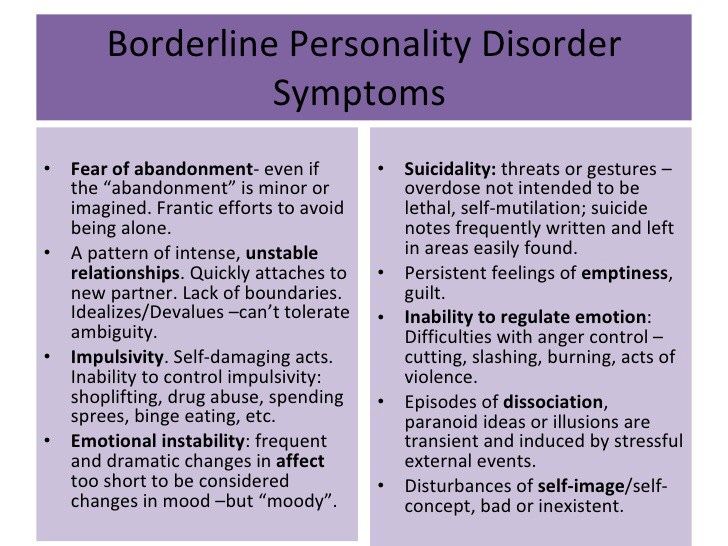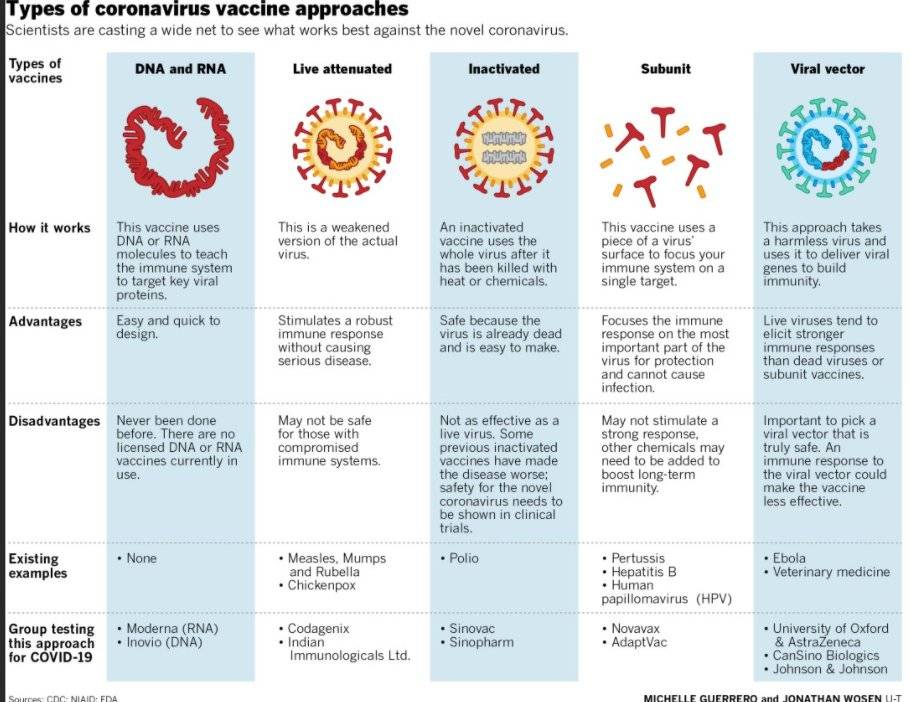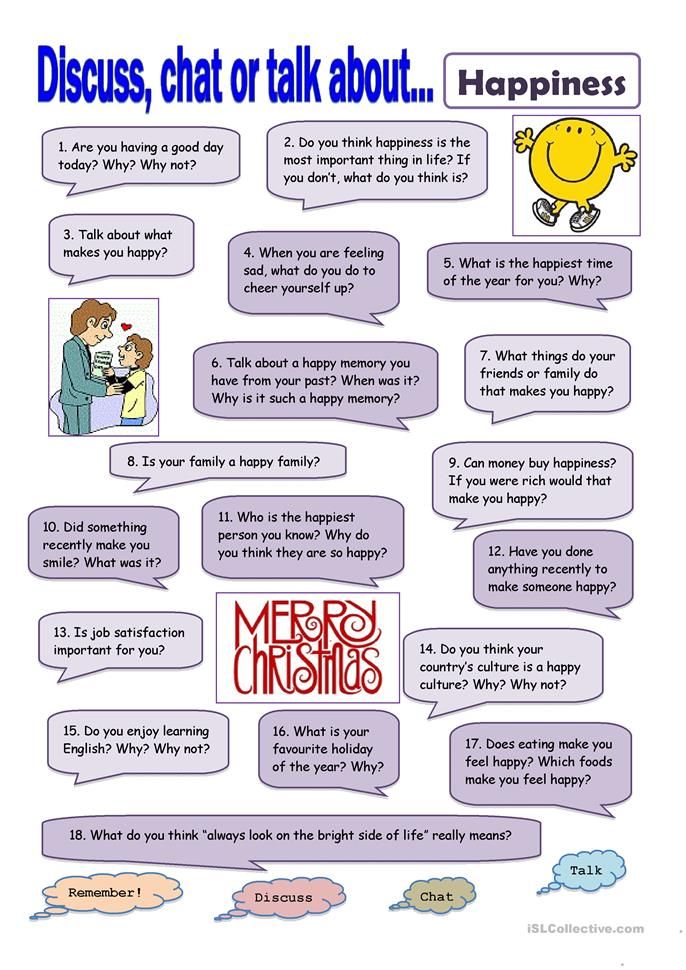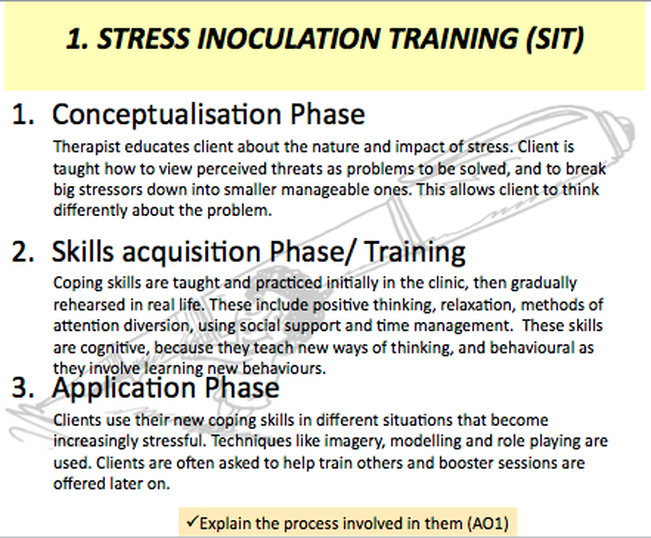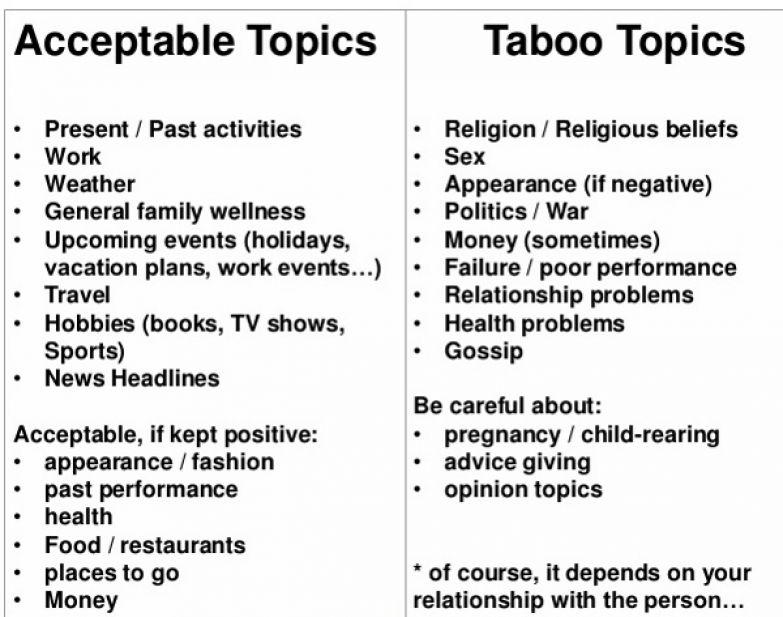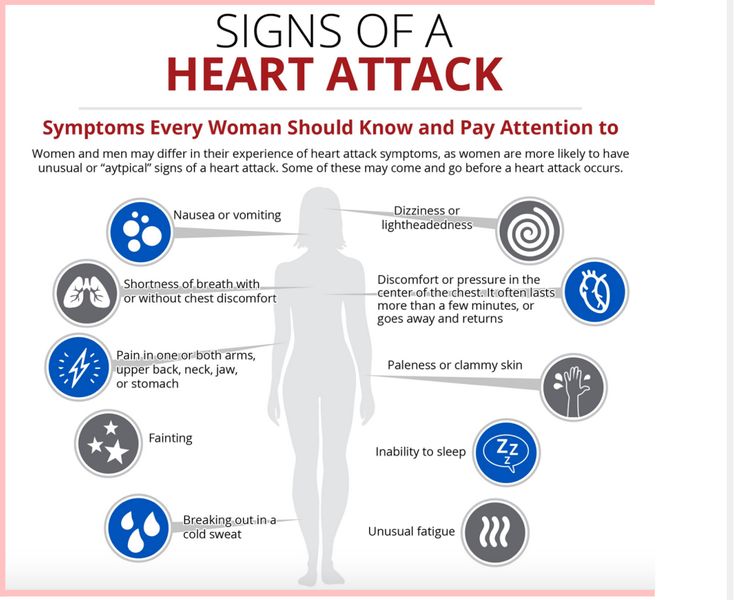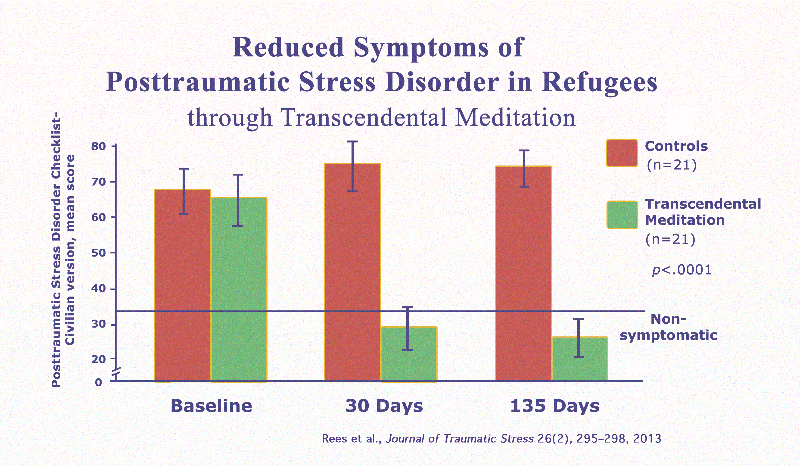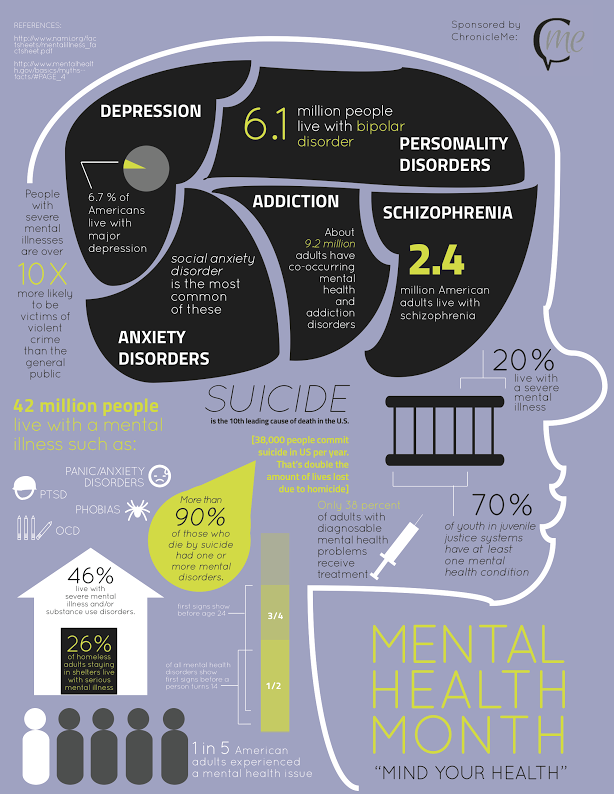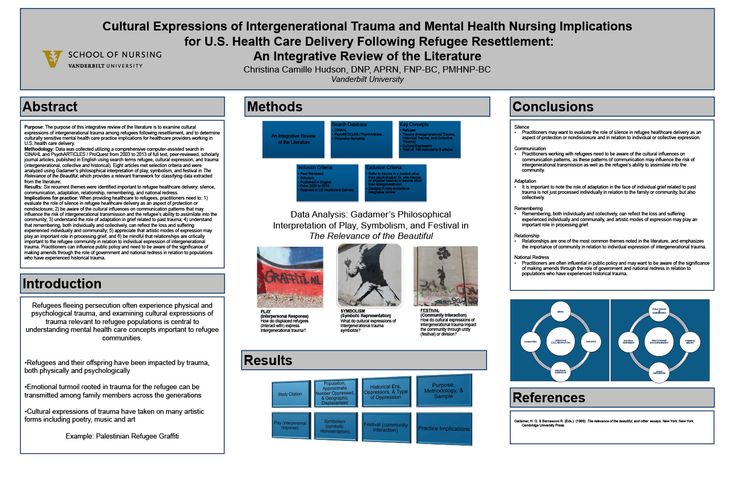Emotional abandonment relationship
Emotional Abandonment Within the Marital Relationship
Emotional abandonment or neglect in a marriage can often result in the end of a relationship. When one or both partners pull away from the relationship to avoid conflict and convey disapproval by creating distance or by withholding attention or affection emotional neglect and abandonment are present. This pattern frequently results in one partner experiencing feelings of isolation, rejection, and lack of support.
One partner may say something like, “Whenever I try to talk to my husband or wife about my true feelings, they tell me I’m blowing things out of proportion, and then they walk out of the room, and I won’t see them for hours.”
It may be difficult to recognize emotional abandonment in the early stages of a marriage, but one of the most common signs is when an individual’s attempts at connection are ignored. It’s almost as if there’s a wall you can’t see that is blocking your path to your partner, and you can’t do anything about it.
Like us if you are enjoying this content.
When one partner in a marriage feels emotionally abandoned by the other, the partners frequently stop talking about their feelings and become unresponsive and uncommunicative.
In a marriage, what exactly does it mean to abandon someone emotionally?
In the context of a marriage, the feelings of neglect, being left out, and not being heard are collectively referred to as emotional abandonment. It occurs when one partner is so preoccupied with their own concerns that they are unable to notice the struggles, concerns, or problems their partner is experiencing.
Signs of emotional abandonment.
Here are eight signs that a husband or wife may have emotionally abandoned you in your marriage.
- You experience feelings of rejection, isolation, and/or neglect within your marriage.
- Your partner frequently gives you the cold shoulder in response to your attempts to get their attention.
- When you want to talk about something, your partner places the blame on you and pulls away from you rather than communicating their genuine feelings.
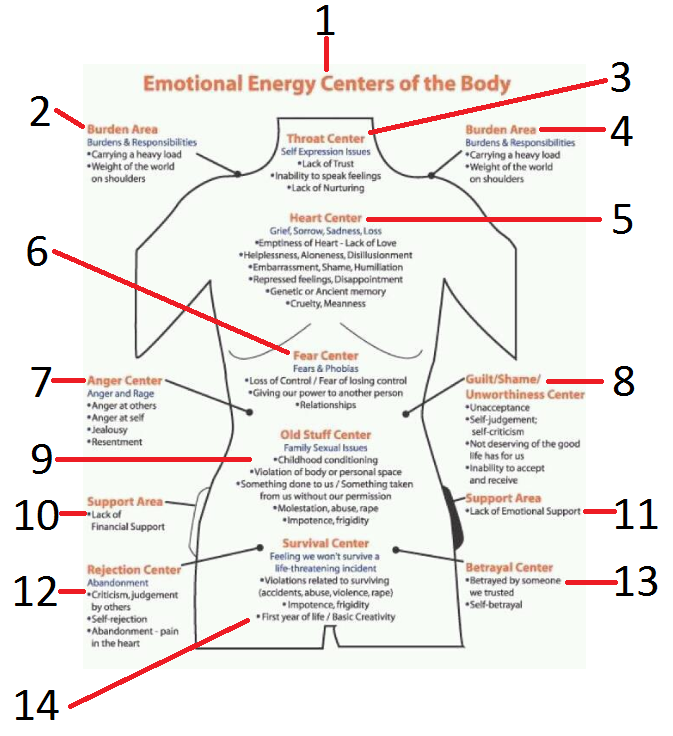
- You regularly experience your partner withholding affection, approval, or attention from you.
- You try to avoid conflict with your partner at all costs and don’t feel safe exposing your weaker sides in front of them.
- Your relationship suffers from a lack of sexual intimacy.
- You experience feelings of social isolation and rarely leave the house with your partner.
- You tend to tell other people, rather than your partner, important information because of your lack of trust in them.
Factors that contribute to emotional abandonment in married life.
An emotional affair or one that takes place outside of the marriage can sometimes be the root cause of emotional abandonment in a marriage. If your significant other starts talking about your issues with someone else again and again it opens the door for an emotional connection. Over time, this can pave the way for a profound connection beyond simple friendship.
Cathy Meyer, who specializes in relationships, says that emotional and extramarital affairs are both examples of forms of betrayal.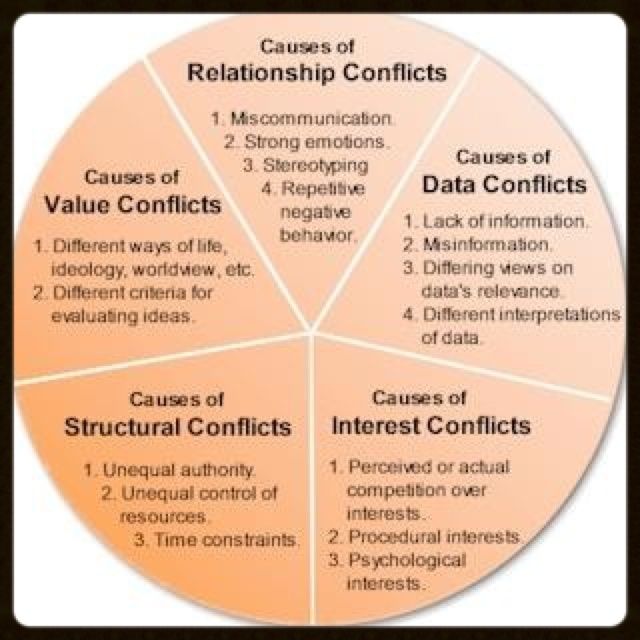 In most cases, cheating occurs when two people meet face-to-face and then engage in sexual activity with one another. Meyer says that physical contact is what differentiates a physical affair from an emotional affair.
In most cases, cheating occurs when two people meet face-to-face and then engage in sexual activity with one another. Meyer says that physical contact is what differentiates a physical affair from an emotional affair.
Sarah O’Leary, Associate Marriage and Family Therapist, explains that there are other scenarios in which the root cause of emotional abandonment or neglect in a marriage may lie deeper within the relationship. “Emotional neglect frequently results from a person’s attachment issues,” the author writes. If someone never learned how to have relationships that are supportive and healthy when they were a child or a teenager, it will be difficult for them to do so as an adult.
Counseling for those who have been emotionally neglected.
How can you and your spouse recognize the warning signs of emotional abandonment in your marriage and take steps to prevent it? Here are some possible approaches:
1. Create a channel of communication that is transparent and accessible at all times.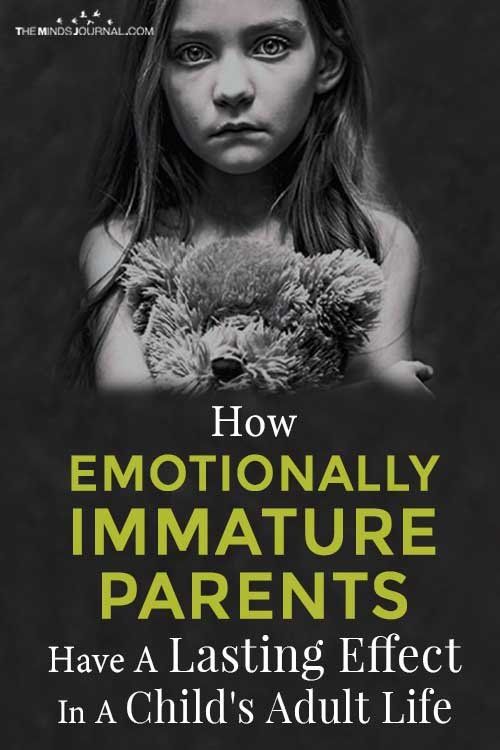
When your partner complains about the way you behave, you should make an effort not to take it personally. Instead, give careful attention to what they have to say to you. In addition, refrain from reacting angrily or being condescending toward them, allowing them to talk openly about their concerns without interrupting them. The next step is to respond calmly, validate their points, and express your viewpoint.
2. When you are feeling upset, face your partner and avoid withdrawing from the relationship.
Turning toward your companion and demonstrating a willingness to have a conversation are both great ways to ensure that you don’t get left behind in an important conversation. Even if you are feeling rejected or resentful, it is important to listen to their side of the story.
Simple gestures like a smile or a tap on the shoulder can go a long way in fostering connection. If you notice that your partner is walking away from you, or turning their back on you, or looking at their phone, politely ask them if they have time to talk.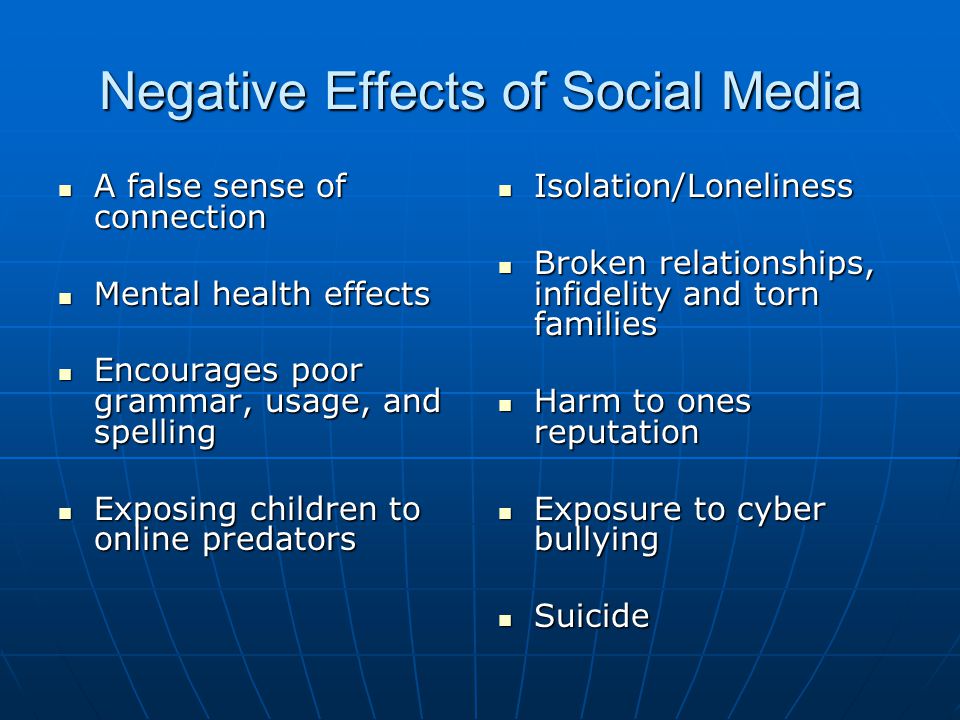 Make sure to turn toward one another and maintain good eye contact.
Make sure to turn toward one another and maintain good eye contact.
3. Steer clear of the pattern of pursuer-distancer.
This dynamic arises when one partner withdraws emotionally and becomes defensive, while the other partner becomes critical and assertive in their pursuit of attention.
If this is happening the pursuer needs to take a few steps back and show the evader that they should get closer to them by demonstrating empathy and understanding. This pattern has the potential to ruin a marriage, so it is important to be aware of it and to intervene as soon as possible by switching around this dynamic.
4. If your partner is stonewalling you, try to find ways to comfort yourself first.
If you feel overwhelmed or stressed, give yourself a short break. This will give you and your partner time to compose yourselves and calm down, resulting in a more meaningful conversation. Determine the length of time you intend to take off from the dialogue and write it down.
Couples typically feel less defensive after taking a break, which helps with a more expedient recovery from feelings of hurt and rejection. This allows them to return to a discussion respectfully.
5. Refrain from portraying yourself as a helpless victim.
It is essential to avoid taking the blame for what happened to you or acting like a victim if you want to get over the wounds left by emotional abandonment and move on with your life. Do not rehash the past and go over what your spouse did again and again. It’s possible that doing so will make them more defensive, which will work against your efforts to maintain healthy communication.
Conclusion
When you have gained the knowledge to recognize and steer clear of the patterns of behavior that can result in emotional abandonment in a marriage, it will be much simpler for you to communicate effectively with your spouse.
If you find that you are having difficulty, you should communicate your requirements to the other person in a constructive manner by using an “I statement. ” Instead of placing blame on them, you focus on expressing what you are feeling or experiencing.
” Instead of placing blame on them, you focus on expressing what you are feeling or experiencing.
For example, you could say something along the lines of, “I feel distant from you. It feels like you’re getting further and further away, but I really want to connect with you.” Statements like this shift from blame to expressing your thoughts.
If you remain truthful and open with your partner during times of high conflict, emotional distance, or distress, you will, over time, restore intimacy between the two of you. Get in touch with our offices and speak to a counselor that can support you in this process.
Photos:
“Old Train Car”, Courtesy of Sofia Costa, Unsplash.com, CC0 License; “Committed”, Courtesy of Zoriana Stakhniv, Unsplash.com, CC0 License; “Bride and Groom”, Courtesy of Nathan Dumlao, Unsplash.com, CC0 License; “Lonely Road”, Courtesy of Warren Wong, Unsplash.com, CC0 License
Feeling Abandoned? How to Cope When Someone Isn't Emotionally Present
How do you deal with emotional abandonment? There are ways to cope when your emotional needs have gone unmet.
Emotional abandonment is fairly nuanced and complex. When it happens, many things may be going on — on both sides of the relationship.
Identifying the layers underlying emotional abandonment can help you cope when you feel discarded and unsupported.
Emotional abandonment is, “other people not meeting your emotional needs, leaving you feeling rejected, unloved, or painfully lonely,” explains Kibby McMahon, PhD, a clinical psychologist and co-host of the podcast “A Little Help for Our Friends.”
“Other people recognizing and responding to our emotional needs — such as comforting us when we’re sad — is essential to our well-being,” McMahon says.
So, when loved ones don’t meet those needs, it’s natural to feel abandoned, upset, or scared.
Sometimes, what might look and feel like emotional abandonment to you is actually your loved one needing space or not knowing how to help.
Sometimes, our perception might also be skewed, making us extra sensitive to feeling emotionally abandoned, even though this isn’t the case.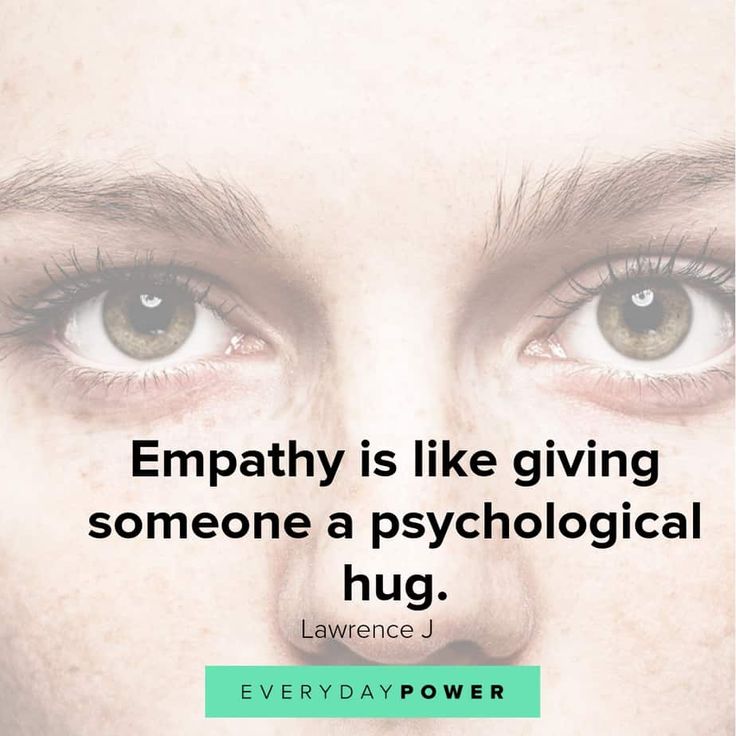
Maybe you misinterpret boundary setting as rejection, or expect people to be emotionally available all the time.
This may happen for many reasons. For example, maybe you have:
- borderline personality disorder (BPD)
- dependent personality disorder
- an anxious attachment style
Many things can lead to emotional abandonment. Everyone has a different tolerance level to what they can handle at a time. Emotional availability may feel costly to some people.
For example, people might be unable to meet your emotional needs because they’re busy with work or other responsibilities, says McMahon.
There are also multiple internal factors that may cause emotional abandonment.
We are complex human beings with different personality traits, tendencies, and histories.
According to McMahon and psychotherapist Joyce Marter, a person may be:
- uncomfortable in emotional situations
- processing their own feelings around a similar experience
- facing fears your relationship will change negatively
- unsure about how to show love in the way you need
- not equipped to provide the support you need
Mental health conditions can also lead someone to be unavailable. This could be because they’re dealing with difficult symptoms, or they inherently have low empathy and can’t put themselves in your position.
This could be because they’re dealing with difficult symptoms, or they inherently have low empathy and can’t put themselves in your position.
Some examples, according to Marter, include:
- substance use disorder
- anxiety disorders
- depression
- a personality disorder, such as narcissistic personality disorder or borderline personality disorder
- trauma
Your loved one might be going through a hard time for other reasons, says Marter. For example:
- financial challenges
- job insecurity
- relationship conflicts with someone else
- fear of commitment
Lastly, keep in mind that “staying emotionally connected is a two-way street,” says McMahon.
Although you’re not responsible for someone else’s emotional health, it’s possible that some of your actions can explain what you perceive as emotional unavailability. For example:
- not openly expressing your emotions, and assuming your loved one should just know what you feel or need
- dismissing genuine attempts to connect by pushing the person away or criticizing them
- having a hard time understanding relationship boundaries
One of the first steps to exploring emotional abandonment in your relationship can be a conversation.
If you’d like to talk with your loved one about them not meeting your emotional needs, it may help to plan what you’d like to say and wait until you’re feeling calm.
It may also be a good idea to have no expectations and be ready to accept any outcome. If the person really is emotionally unavailable, they may dismiss what you say.
Here are a few pointers:
Pinpoint your objective
Both McMahon and Marter emphasize the importance of identifying something specific and concrete you’d like the person to do differently. This way, they’re not trying to guess your needs, and you’re on the same page.
For example, you might say:
- “I’d like us to check in with each other every day.”
- “I need you to respond when I’m speaking to you, even if it’s to say you’re not sure what to say.”
- “When I’m crying, I’d like a hug.”
Be a team player
Think of your loved one as a teammate you’re collaborating with, says McMahon.
As such, try to express empathy and be compassionate.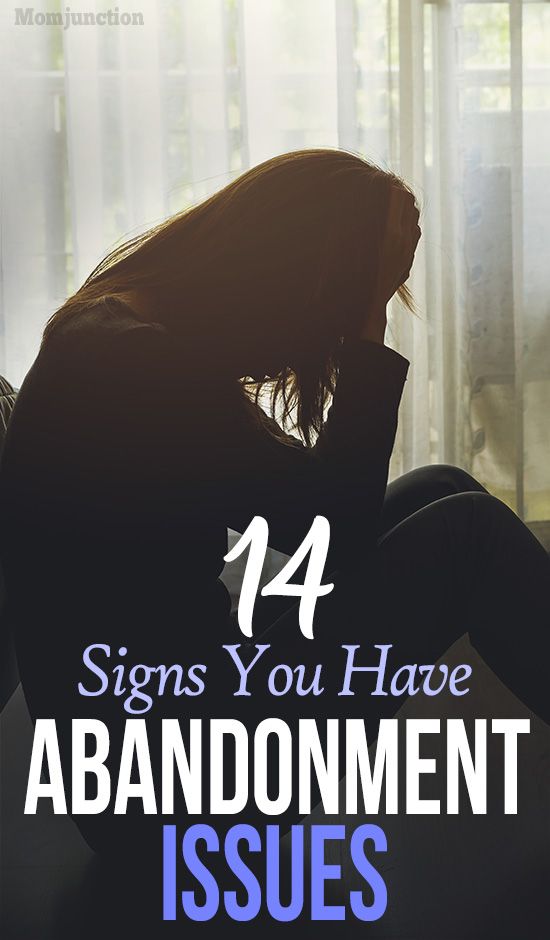 Doing so decreases the chances of the other person being defensive, and promotes a more productive conversation.
Doing so decreases the chances of the other person being defensive, and promotes a more productive conversation.
For example, if your partner is currently stressed out, you might say, “I realize this is a difficult time for you, and you’re probably feeling pulled in many different directions.”
Or, if they’re uncomfortable with big emotions, you might try, “I know this is overwhelming for you, and you don’t mean to hurt me. But when you walk out of the room, it makes me feel alone. Can you give me a hug instead?”
Make sure you’re calm
It’s hard to be thoughtful and compassionate when you’re fuming. To have a productive talk, it’s best to be calm and collected. If you’re not, try:
- closing your eyes
- taking deep breaths
- giving yourself 10 to 20 minutes of quiet time
- practicing some grounding exercises
Express softer emotions
“[E]xpress your more vulnerable, ‘softer’ emotions, such as hurt, fear, and sadness instead of anger or disgust,” McMahon recommends.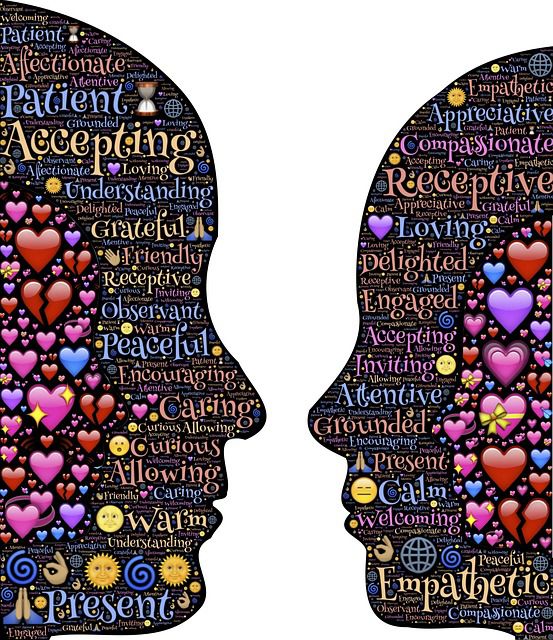
When you express your emotional pain, you’re not only being honest and authentic, you’re encouraging the other person to share their vulnerability, too.
Use ‘I’ versus ‘you’
This is another way to approach your conversation with compassion and honesty. While it might seem obvious that offending your loved one isn’t helpful, it’s easier said than done.
So, try to lead with your feelings versus assumptions about the other person’s thoughts, feelings, or behavior.
As Marter says, try “I’m feeling sad that we haven’t spoken, and I miss you.”
Welcome their perspective
Remember that this is a back-and-forth conversation. Consider letting your loved one share their thoughts and feelings, and listen intently to what they have to say.
Maybe they’ll mention that when you’re upset, you give off signs that you’d like to be alone. So, in their mind, they’re giving you the space you’re needing.
Before rejecting what they say, try to pause and consider that one situation can be perceived many ways by different people.
Get out of the weeds
“When in conflict, many of us get caught up in the tiny details of what was said or how it was said, or of a certain behavior or action,” Marter says.
But focusing on the minutia can prevent you from seeing the bigger picture.
If issues keep arising, consider them as symptoms of a larger relationship challenge, Marter says, such as:
- a breakdown of trust
- emotional or spiritual disconnection
There’s the possibility that the other person may not respond as you wish or need.
While facing emotional abandonment may be difficult, you can still cope by taking good care of yourself.
Consider these tips to emotionally and physically invest in yourself:
Engage in something deeply relaxing
Creating inner calm can help you feel better, which you can do with relatively simple practices.
For example, according to one 2018 research review, slowed breathing may trigger the parasympathetic nervous system and lead to increased relaxation, comfort, and positive energy.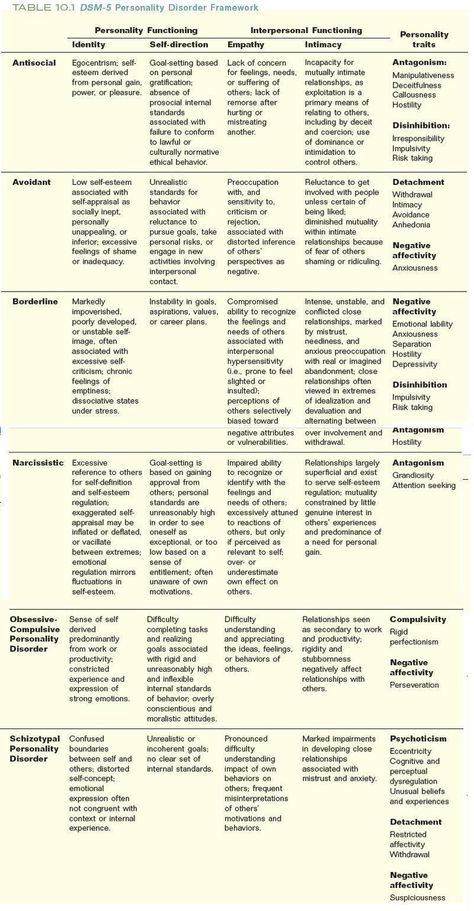 It may also help decrease anxiety and anger outbursts.
It may also help decrease anxiety and anger outbursts.
You can try these deep breathing practices.
According to Marter, other soothing options include:
- meditation
- yoga
- connecting with nature
In sum, anything you enjoy can become a relaxing experience that may help you reset emotionally.
Practice self-compassion
Consider acknowledging and accepting how you’re feeling. Even if there’s plenty of valid reasons your loved one didn’t meet your emotional needs, it’s still upsetting. And you’re allowed to feel hurt and frustrated.
Try to give yourself the same empathy and kindness you’d give to someone you love very much, says Marter.
“Choose to be your most compassionate friend, rather than your worst critic,” she says.
Research has found that self-compassion is associated with many benefits, including:
- happiness
- positive mental health
- positive physical health
It may also be a good idea to remember that someone’s emotional abandonment doesn’t say anything about you.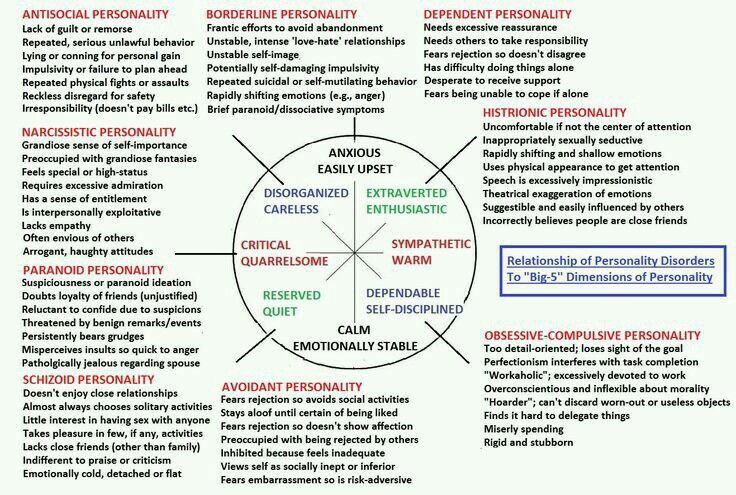
If you’re in need of some support, turn to someone else who’s demonstrated they’re capable of providing it.
The key is to be clear with them about those needs. According to Marter, this can be as simple as asking someone to listen to you vent.
Explore unhealthy patterns
If you feel emotionally abandoned in a lot of your relationships, take a deeper dive into what else could be going on.
You might explore these questions on your own or, ideally, with a trained therapist, says McMahon:
- Are you surrounding yourself with emotionally unavailable people?
- Are you acting in ways that push people away?
- Are you assuming that everyone emotionally abandons you because of a previous trauma?
- Do you face the same types of challenges in all of your relationships?
Assess the future of your relationship
In some cases, the best way to handle emotional abandonment is to step away from that person.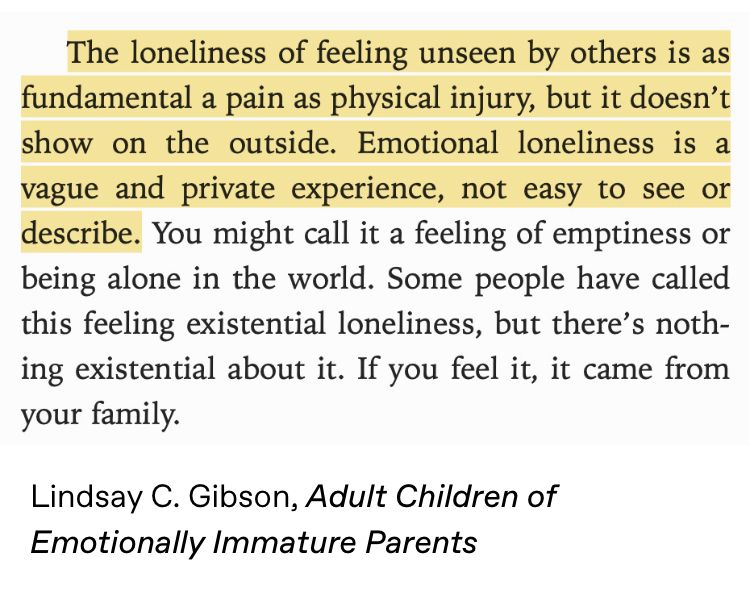
If you realize that, despite your attempts, they’re still not responding emotionally to you or you’re in a toxic relationship, it may be a good idea to part ways.
Here’s how you can let go in a healthy way.
Feeling abandoned by someone you care about may lead you to feel overwhelmed, confused, and devastated.
In some cases, someone may temporarily not be available to you because they’re dealing with their own emotions. In other instances, emotional abandonment may be caused by more complex processes.
In either case, you deserve to be loved and supported. If you express how you feel but get no response, it may be time to move to a more fulfilling relationship.
If you’re having a hard time dealing with someone’s emotional distance, consider finding professional help.
What threatens the lack of emotional contact in a relationship?
75,059
Man and woman Relationship crisis
Internal contradiction
If for some reason you do not have enough emotional contact with your partner - for example, because he suffers from a personality disorder - this complicates the relationship in a couple . “When you try to make contact, suggesting that your loved one change something in himself, most likely he refuses:“ I am who I am. Take it or leave,” explains psychotherapist Shari Stines.
“When you try to make contact, suggesting that your loved one change something in himself, most likely he refuses:“ I am who I am. Take it or leave,” explains psychotherapist Shari Stines.
In the end, you can convince yourself that it's better to really start taking it - whatever one may say, no one is perfect. There is a contradiction. You make the decision to maintain a relationship devoid of emotional contact. Being close to a person who is dear to you, you feel an inner emptiness. This feeling comes from the fact that there is no emotional attunement and emotional resonance in your relationship, two of the most important components of a healthy relationship.
Attunement
Attunement is the ability to see, hear, feel, interpret and respond to another person's verbal and non-verbal cues so that they know they are being seen, heard and understood. This is a subtle, complex, very delicate "dance" of two people - two complex biological and psychological systems.
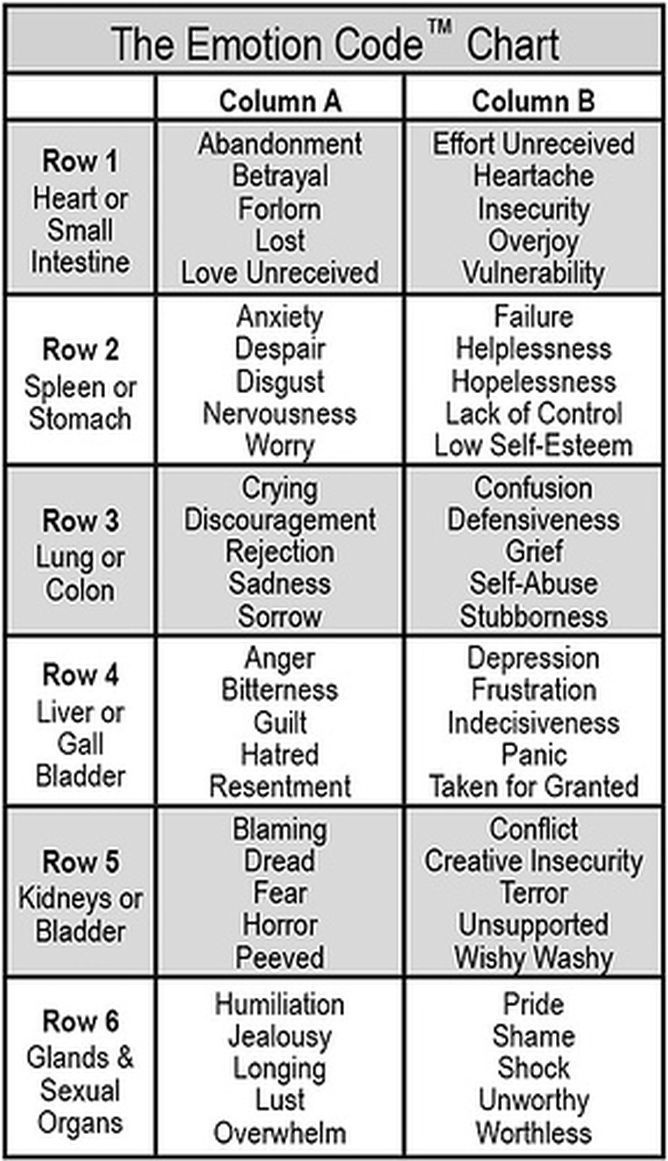
Resonance
Resonance is a complex process of rapid exchange of information, primarily non-verbal, which allows you to establish contact on a deep, subconscious level and creates emotional harmony. It is he who connects the mother and the baby. Resonance is a mechanism of love, a constant mutual emotional response, a kind of synchronous dance of feelings.
When you are ignored
"Agreeing to a relationship on someone else's rules - no conflict and stress and no emotional contact - you doom yourself to dissatisfaction," explains Shari Stines.
In relationships with people who find it too difficult to build a full-fledged emotional contact, you will still be required to be involved. But you will soon realize that such communication is very superficial and is not able to satisfy your deepest needs for understanding and acceptance. In essence, you are spending time with a person who seems to be around, but at the same time does not “see” you or even care about your presence.
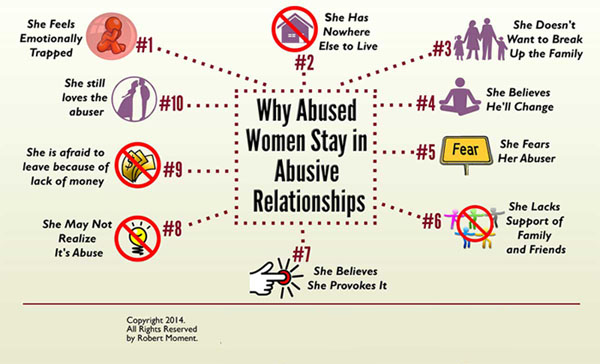
In union with a partner who is not attuned to you and does not resonate with you at the level of feelings, a contradictory dynamic arises on an emotional level.
At first you just realize that you were expecting too much and try to adjust. In the process, you realize that you will never get emotional warmth from this person. You try to accept it, you try to “love him in a detached way”, not getting what you expected from the relationship.
Even if a loved one writes you messages, letters, you talk, go to cafes, he still emotionally ignores you in the process of communication. This is very painful because you realize that there is no depth in the relationship.
Such detachment is contrary to our nature
“The brain is arranged in such a way that you will miss the emotional connection with your partner. You can fall into an anxiety-depressive state, because the brain will not understand what your pseudo-close relationship with this person means, and will begin to create painful experiences, trying to adapt to the situation, ”Stines is sure.
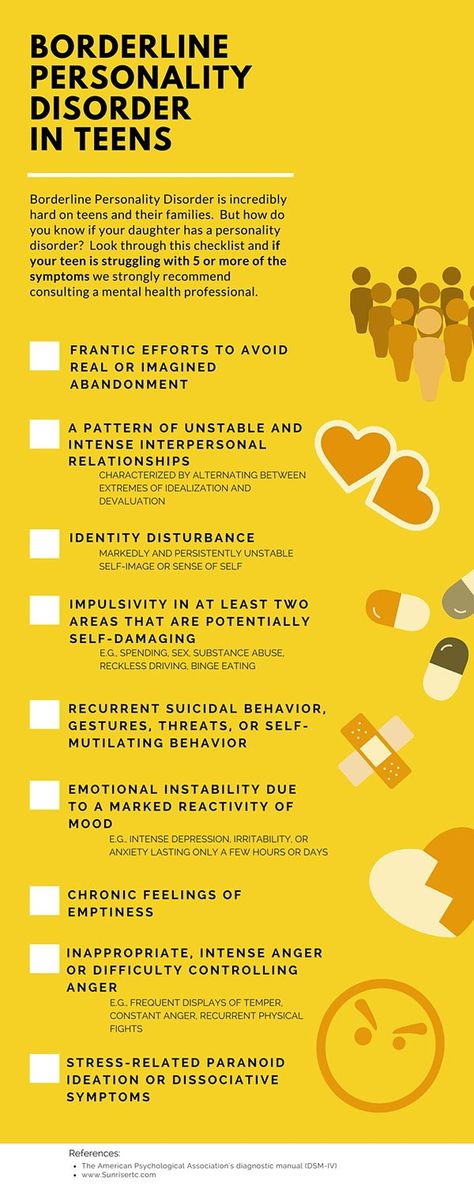
These unpleasant sensations are designed to make you change something. You will try to accept reality as it is, and the pain will continue until it is eventually replaced by numbness.
The difference between reality and expectations
Many therapists advise clients to get used to living in a space between expectations and reality. “Trying to learn how to live in this space, you will eventually get lost in it, desperately trying to feel needed and loved,” says psychotherapist and coach Alan Robarge.
Your loved one seems to be near you, but it seems as if he is thousands of kilometers away. Cognitive dissonance inevitably arises. It is very hard for you, but you cannot do anything, you are trapped. Gradually, a state of “learned helplessness” arises, and you are like a robot repeating the usual rituals to save relationships. Such relationships, to put it mildly, bring only disappointment.
We have to admit: in such a union you will never satisfy your emotional needs and needs
No matter how cheerful, pleasant and polite your partner may be, all this does not compensate for the feeling of emotional emptiness.
During conversations with him, you understand that nothing is happening, the call of your heart, longing for intimacy, remains unanswered.
If you are honest with yourself, you will realize that relationships and emotional closeness with people dear to you is the most important part of life. By not allowing you to experience the joy of true intimacy, your partner is depriving you of this most important experience. In the end, you will understand: you can save such a relationship only by losing yourself. But is the game worth the candle? ..
Text: Nikolay Protsenko Photo source: Unsplash
New on the site
7 signs that a cheating partner is not really remorseful
“I wash my head 25 times, eat dumplings in multiples of five and count sips of water. Is it OCD?"
“The guy doesn't love me, insults me, but promises to marry me. Should we hope for the best?
“Better than ever!”: how sex changes after marriage - 24 responses from readers
5 types of toxic parents: how to fix relationships - psychological analysis
Sex without love: can passion turn into a deep feeling
"Obsessive memories of traumatic events suck all the strength out of me" explanation
What are three signs that a partner is running away from a relationship (freepik com)
Author: Anna Shikanova
Rejection or flight from a relationship that has just begun to develop is most often due to a defense mechanism.
Men and women often use it in relationships to avoid pain.
Mark Travers, Ph.D., for Psychology Today, lists three signs that indicate that your partner has decided to leave your relationship.
What alienation looks like
Relations began to develop and even for a while everything was fine, development was going on. And then, suddenly, alienation began to appear, frank conversations disappeared, and it seems that the partners again become strangers to each other.
Psychologists explain that escaping relationships is a defense mechanism that many people use to avoid pain. The instinct of self-preservation is triggered, especially if there is already a negative experience behind them.
But leaving the relationship is costly for both partners, and instead of healing, negative experiences accumulate even more.
Three tactics for escaping relationships
Withdrawal and distancing. Silence and evasiveness begin to avoid situations or conversations in which you have to be open and frank.
Sometimes a partner may behave in this way on purpose to force the other to leave on their own.
Distancing always leaves a way out - it looks like "let's be more free", "let's have a relationship without obligations".
These options allow you to stay in a relationship, but avoid vulnerability and full involvement. In essence, it is to keep a partner at arm's length, emotionally and physically. At the same time, inaccessibility, closeness and retention are felt.
Some people even cheat or cheat on their partners so as not to be vulnerable in a relationship.
Emotional detachment. People in relationships do not express their emotions, express them very reservedly, or hide how they really feel. This is necessary in order to avoid the formation of real emotional bonds.
If you feel that your relationship is on thin ice almost all the time, even after six months or a year, be sure that your partner is trying to avoid emotional attachment.
